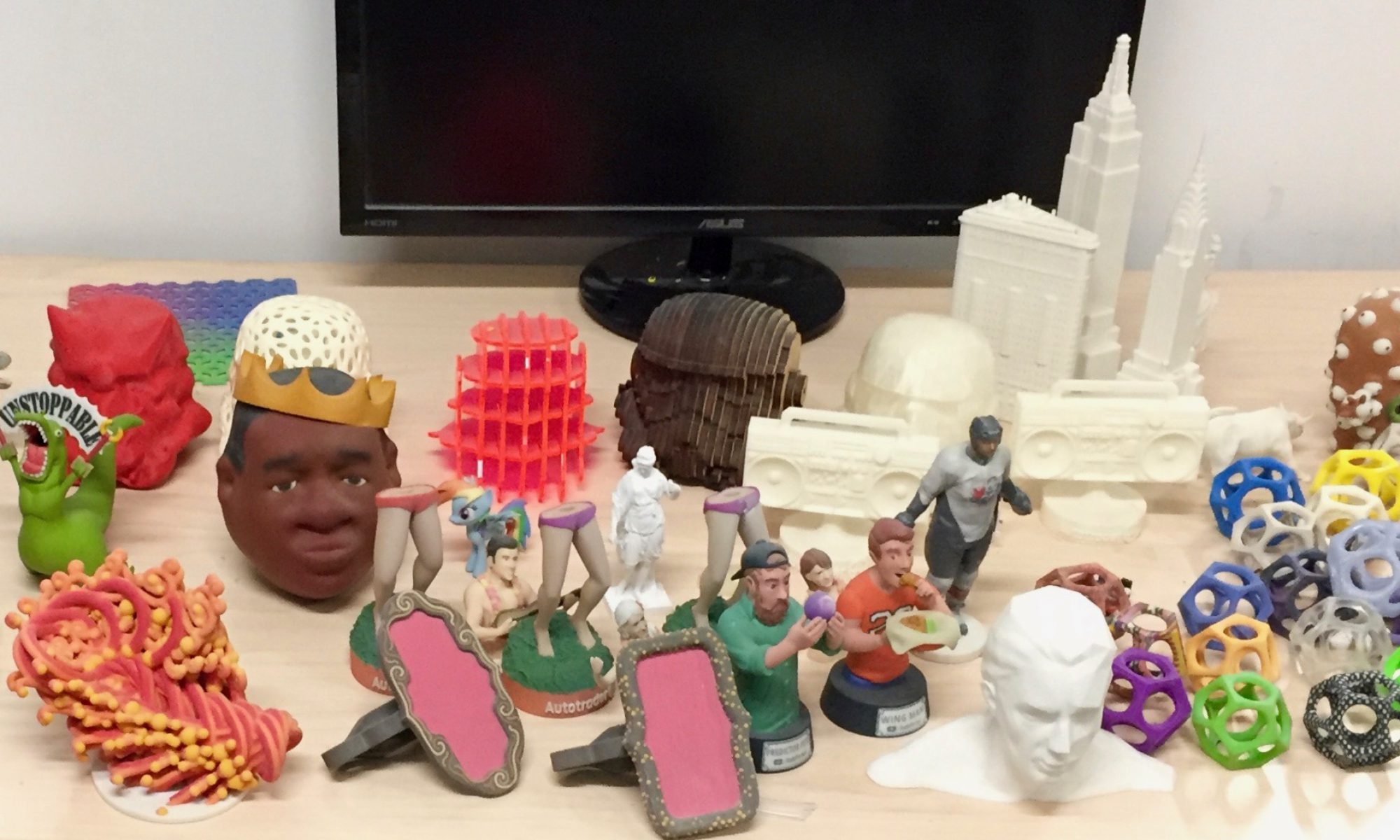The New York Times‘ William Rhoden recently wrote a column condemning Washington Redskins owner Daniel Snyder for refusing to rename his team.
My two cents:
Many will argue that Rhoden’s comparison of Snyder to George Wallace and George Preston Marshall is hyperbolic. I disagree.
It’s an inescapable fact that the Redskins’ history and imagery are steeped in racism. Rhoden didn’t even mention the Redskins fight song, which originally contained such lyrical gems as “Fight for old Dixie” and “Scalp ‘em!” This is one big reason I have never and will never support the team. (That, and they’re just generally wack. But I digress.) And please, don’t bother mentioning RG3 or Doug Williams. It’s the football equivalent of “some of my best friends are black.”
That Snyder is defending the team’s name with an appeal to history and tradition is, hence, absurd.
But this is an issue that won’t be resolved by a national poll. How aware are most people about issues regarding Native Americans in the first place? How many Americans interact with people who identify as Native American on a regular basis? (Note the phrasing: I’m not talking about people who claim they’re part Cherokee—because that’s the one tribe folks seem to know—on their mother’s side as a fun tidbit to toss out at parties.)
I think this entire issue is so charged, yet so easily dismissed, because awareness of Native American stereotypes lags far behind that of most racial or ethnic groups in the U.S. It’s easy for the vast majority of Americans to view this as an abstract issue, or at best, to protest that there are “more important” things for Native Americans to worry about, as if people can only be concerned with one thing at a time. But as a black woman, I know well that representation matters. Just look at the “doll test,” the famous psychology study used in the Brown case that dismantled school segregation.
And it really doesn’t matter that there are some Native Americans that are fine with the name. I’ve even seen defenses of the term “redskin” along the lines of it supposedly being an honorific. (Yes, please do go call a person of Native heritage a “redskin” and see how “honored” that person will feel.) Some black folks are fine with using the word “nigger.” But most people wouldn’t dare throw out that term casually, let alone apply it to a sports team.
Ultimately, it’s the notion of the “positive stereotype,” repackaged. Just like black men are supposed to be flattered by images that play up their virility by likening them to beasts (see: Mandingo), Native Americans should be honored by being represented as “noble savages” in sports teams’ mascots. Supposedly.

